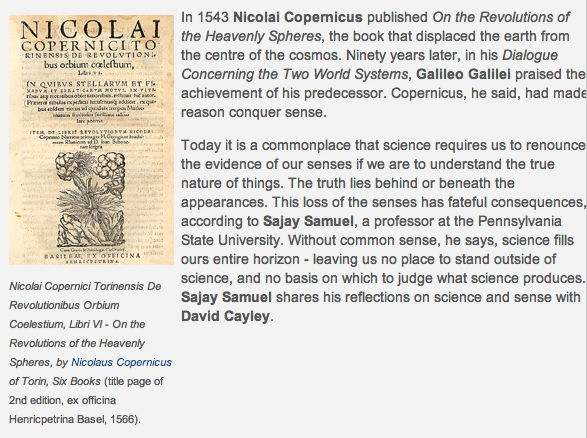February 21, 2012
The Partially Examined Life
This blogpost is basically a shout out to the folks at The Partially Examined Life. PEL is a wonderful blog and podcast run -by their own self description, and I paraphrase- a bunch of guys who were once intent on an academic career in philosophy and then thought better of it. Which means that although they aren't higher ranking officers of the army of philosophy, they've been through boot camp and have seen a couple of tours of duty.
Or you might call it a reading club. What they are doing is to take specific texts, they read them and talk about it via Skype or something like that, they record and edit the conversation for publication. They know their stuff and they adjust their conversation to the general public, avoiding name dropping or arcana, they achieve their ideal of accessibility while keeping a sense of precision all the while. What I see in PEL is an evolution of scholarly life beyond the confines of the ivory tower. It's not an eclipse of the university, but a sprouting out into a world made possible by the democratizing capacity of this stage of the 21st century information age.
I've blogged about PEL before, that was when they published episode six, Leibniz and his Monadology. They already talked about Arthur Danto's "The Philosophical Disenfranchisement of Art" in episode 16 and they have just finished Episode 49: Foucault on Power and Punishment, both subjects are directly related to the artist's wheelhouse. The next episode will be #51: Semiotics and Structuralism (Saussure, Levi-Strauss, Derrida), a direct hit on the meat of what art schools have been marinating in at least as long ago as when I was in grad school in the early 90's. I have a suspicion that PEL will give a treatment to Deleuze and Guattari someday soon. I'm looking forward to that.
The art dialog is often grounded in late breaking fashionable thinkers whose authority reaches from within the world of letters from curators to writers/critics to philosophers and into the depths of the history of the humanities. Each thinker is a chain of conversation, and there are many conversations to become acquainted with. I takes a lifetime for the average person to wrap a head around it all. If at all. Recently, I blogged about academia and student loan debt (initially titled "Apropos of the Next Blogpost", now changed to Debt Smurfs) and I was going to link the idea of a failing financial system of higher education with its inadequacies in terms of a proper preparation in the liberal arts. Churlish, that is the word for that thought. I instead want to promote efforts like The Partially Examined Life as an important remedial or auxiliary or continuing education in philosophy. What they are doing is beautiful because firstly, it's for its' own sake, because of the generosity of the public service that it is, and for what it could be, or is becoming. PEL is part of the thousand flowers blooming.
If you follow the podcasts, follow the blog too. They have a lot of interstitial material between podcasts: videos, links, commentaries by the merry band of PEL and the commenters are box of sharp knives. Recently, I gleaned this gem from a comment stream: about science and common sense, a conversation with Sajay Samuel, a professor at the Pennsylvania State University, via CBC Radio's How To Think About Science. It's about science, its illusions, the empire of conceptuality, about sensation, common sense and the material world as we experience it. It's about restoring the importance of the qualitative world and putting the quantitative world in perspective... all this from a train of thought in blogposts and commentaries provoked by a recent podcast on Episode 50: Pirsig?s ?Zen and the Art of Motorcycle Maintenance?. Good stuff.
Posted by Dennis at February 21, 2012 12:53 AM



Leave a comment